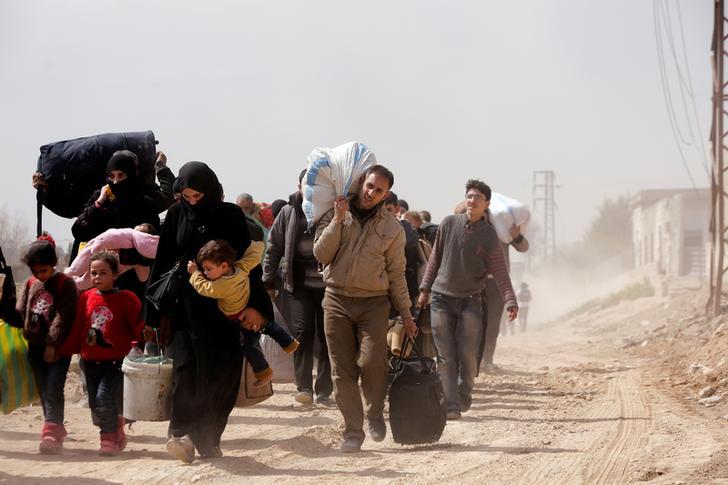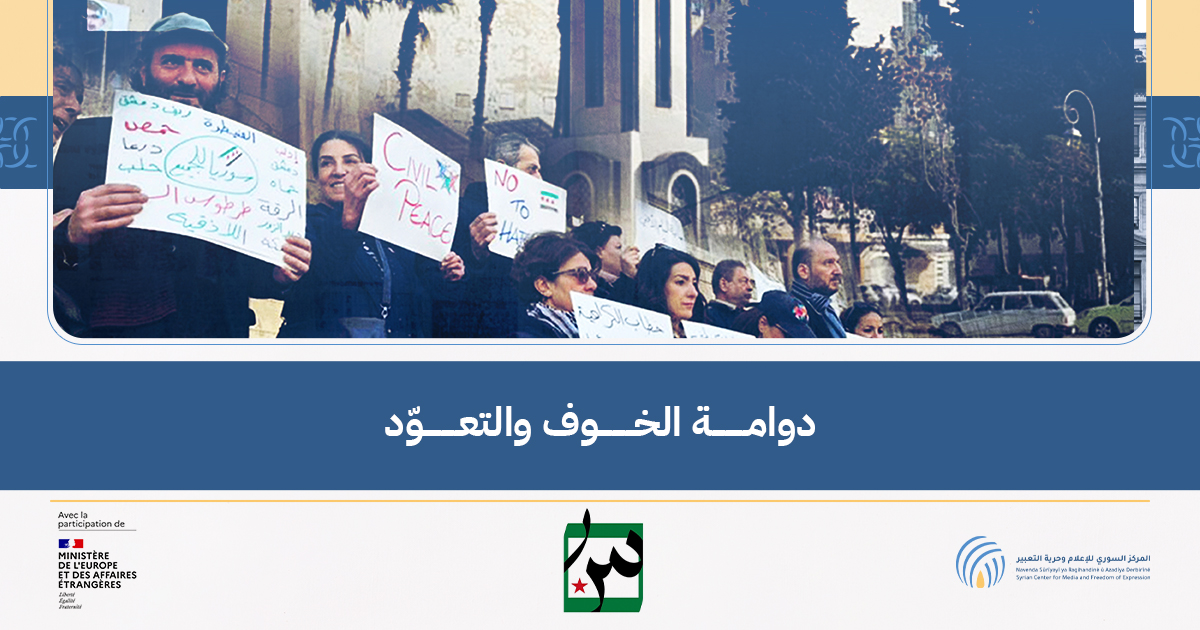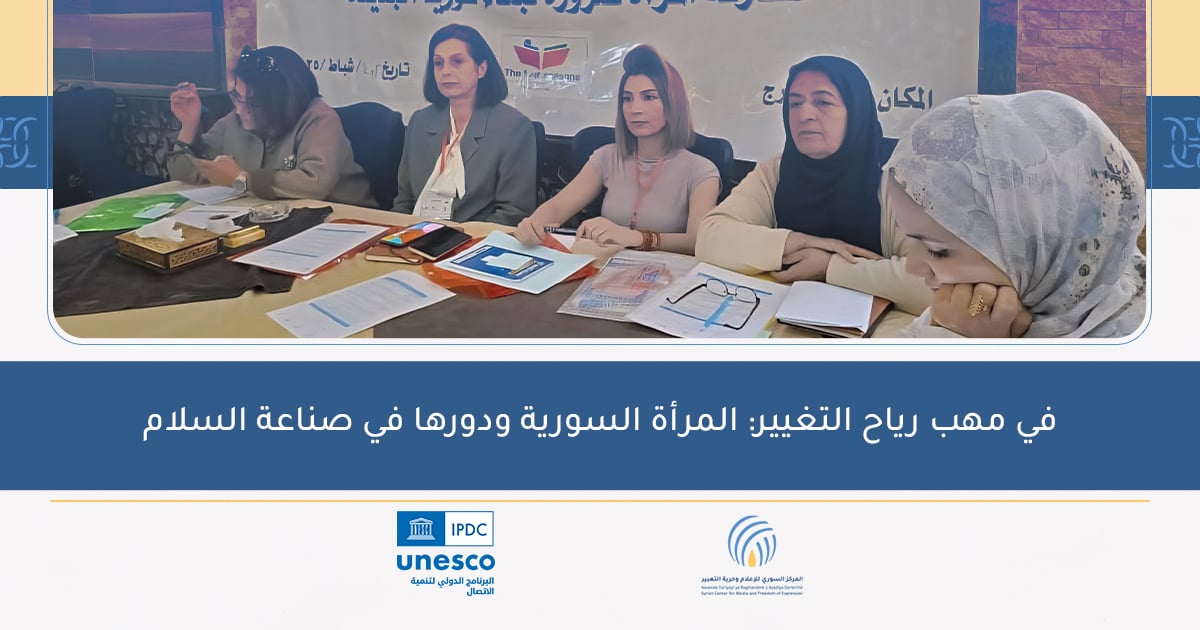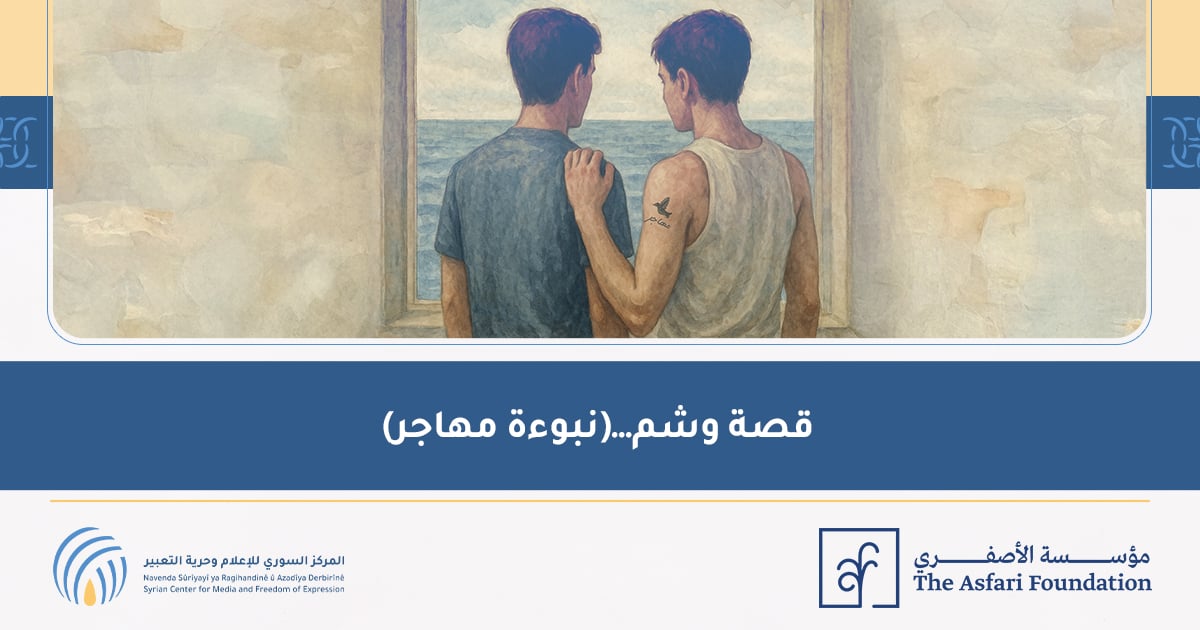(Brussels) – The Friends of Syria Group meeting in Brussels on April 24-25, 2018, should address the war crimes and impunity that characterize the Syria conflict and meet urgent protection and humanitarian needs, Human Rights Watch said today.
The second conference on “Supporting the future of Syria and the region,” is hosted by the European Union and the United Nations. Conference participants should focus on three main areas: atrocity crimes and protecting civilians; protecting refugee rights and sharing responsibility for humanitarian needs; and ensuring that there will be no lost generation of Syrian children denied their right to education.
“Atrocity crimes, impunity, and disrespect for refugees should never be allowed to become the ‘new normal,’ but this has been Syrians’ daily reality for seven years,” said Lotte Leicht, EU director at Human Rights Watch. “Brussels conference participants need to raise the costs for atrocities, and to significantly increase their own support for refugees and the future of Syria’s children.”
The Friends of Syria need to confront the cynical calculus of the Syrian government and other parties that atrocities can be deployed as winning tools, that war crimes pay off, and that no one will be held responsible, Human Rights Watch said. The UN stopped counting the dead years ago, but more than 400,000 people are estimated to have been killed in Syria.
Conference participants should work to reduce the atrocities by increasing pressure against unlawful attacks with further sanctions against those directly responsible for atrocity crimes in Syria. Sanctions should also be imposed on other individuals and companies aiding and abetting war crimes, including arbitrary detention, torture, unlawful killings, use of prohibited weapons, and use of starvation of civilians as a weapon. Participants should agree to stop doing business with companies that provide the Syrian government with weapons and enable their unlawful use, including the Russian arms-maker Rosoboronexport, until they stop contributing to these violations.
To combat impunity for war crimes and crimes against humanity, participants should beef up their own capacity to prosecute serious crimes under universal jurisdiction. They should also demand a UN Security Council referral of the Syria situation to the International Criminal Court, and secure and increase funding for the International, Impartial and Independent Mechanism (IIIM) mandated by the UN General Assembly to preserve and analyze potential evidence for use in courts that may have a mandate over these crimes now or in the future.
The Friends of Syria should press for humanitarian access to besieged and displaced civilians, and insist on the urgent release of thousands of detainees and victims of disappearances. The countries should press Russia and Iran to use their leverage with the Syrian government to facilitate urgent releases and press anti-government groups to release detainees.
“The parties to the conflict in Syria and their international backers have shown appalling disdain for civilian lives,” Leicht said. “The true friends of Syria are the governments that act now on key issues like war crimes and accountability, humanitarian access, and detainees.”
Participating countries should also use the Brussels conference to commit to policy reforms that respect refugees’ rights and demonstrate meaningful solidarity with Syria’s neighbors, which are hosting more than 5.6 million of Syria’s 7 million refugees, Human Rights Watch said. The European Union, Canada, and the United States have resettled fewer than 100,000 Syrians from the Middle East.
The US has essentially cut off refugee resettlement and visa programs for Syrian refugees and the White House is seeking substantial cuts to aid to refugees overseas, an approach that undermines any commitment to protect and support those in need. The EU has focused on preventing arrivals through migration cooperation with countries like Turkey and Libya, despite known refugee-rights abuses in those countries. While the EU has increased resettlement pledges since 2015, these efforts remain limited and secondary to the bloc’s containment policies. Wealthy countries should dramatically step up their commitments to resettle Syrian refugees.
Participants at the Syria conference should do their share to protect refugees by increasing their financial and resettlement pledges as well as by making other safe and legal pathways available, including by allowing for family reunification of Syrian refugees. Members of the Friends of Syria group should ensure that agreements with host and transit countries like Libya and Turkey lead to meaningful improvements in the protection and treatment of refugees and other migrants and in no way condone or facilitate abuses.
They should insist that Syria’s neighbors not push back asylum seekers at their borders and fulfill their aid pledges to host countries in a timely and transparent manner. They should also press for an end to policies that facilitate abuse such as Lebanon’s barriers to granting Syrians legal residency, and Jordan’s denial of regular humanitarian access to tens of thousands of refugees stranded in a no-man’s land at a remote section of its border.
The Friends of Syria should also work to ensure Syria’s future by addressing the urgent plight of Syria’s children. Inside Syria nearly 2 million children are not in school, and a third of the country’s schools have been destroyed, damaged, or used for military or other purposes like shelters. Children in Syria face barriers to education including a lack of recognized identification documents or school certificates, and stigmatization of families who used to live areas under the control of the Islamic State (also known as ISIS). And despite promises of universal enrollment and aid worth billions of US dollars for Syrian children who fled to other countries in the region, roughly 40 percent – more than 600,000 – are not in school.
Host countries have taken steps to open new school places for Syrian children and ease barriers to education. For instance, Jordan has opened school doors by waiving onerous documentation requirements and ensuring that urban refugees can officially regularize their status. But obstacles like poor quality of education and corporal punishment, and poverty pushing families to resort to child labor and child marriage persist and may even be increasing as secondary school enrollment rates plummet.
Donors should make a commitment that their aid programs will support improved access and quality of education and include, as core components, access to education for secondary school age children and for children with disabilities, who are often left out. Donors and host countries should also put in place accountability mechanisms to ensure the timely and transparent delivery of education aid and better enrollment data. The status quo, in which pledged funds may be delivered late or not at all, undermines education programs.
Education also offers a way to increase resettlement. Donors should expand university scholarship programs that allow Syrian refugees to move on from neighboring host countries. They should also work with educational institutions and the private sector to greatly increase safe and legal pathways for refugees through education visas and trainee and learning positions.
“Wealthy governments should agree to increase resettlement of Syrian refugees and funding to meet the humanitarian needs of Syrian refugees in Lebanon, Jordan, and Turkey,” Leicht said. “And Syrian children, and Syria’s future, are depending on urgent, dramatic improvements in donors and host countries’ performance.”
Protection and Accountability
The Friends of Syria should act to secure the release of tens of thousands of arbitrarily detained prisoners, secure humanitarian access and protection for people in need, and end unlawful attacks and the use of illegal weapons by promoting accountability for atrocity crimes.
Enforced disappearances and grave abuses against detainees date back to the start of the conflict. The Syrian government has arbitrarily detained and disappeared hundreds of thousands of people, and anti-government forces and violent extremist armed groups have forcibly disappeared human rights activists and medical workers. A working group for the release of detainees that the Iranian, Turkish, and Russian governments agreed to support in December 2017 has not produced results.
With the support of Russia and Iran, the Syrian government has used a combination of indiscriminate attacks and unlawful sieges, including denying access to humanitarian assistance and using starvation as a method of warfare. Many civilians have been evacuated under local surrender agreements, but some who remained faced reprisals, including executions.
The joint Syrian-Russian military operation has repeatedly attacked civilians, hospitals, schools, bread-lines, and markets; indiscriminately attacked populated areas; and used unlawful cluster munitions, incendiary, and chemical weapons. The failure to hold those responsible for serious crimes to account has only fueled further abuses. In addition to the paralysis around a UN Security Council referral of the situation in Syria to the International Criminal Court (ICC), one of the few international efforts to support accountability for war crimes in Syria was shuttered when Russia vetoed the renewal of the Joint Investigative Mechanism (JIM). The JIM was tasked with attributing responsibility for chemical attacks in Syria, but Russia used its veto after the JIM found the government responsible for the April 2017 sarin attack on the town of Khan Sheikhoun.
Brussels conference participants should:
- Press the Russian and Iranian governments to use their leverage with the Syrian government to publish official lists of detainees who died in government detention and of all current detainees without any further delay, and to release all detainees held arbitrarily or for exercising their human rights;
- Work with Gulf countries and Turkey to use their connections with anti-government groups to urgently provide information about and release detainees, including the Sakharov Prize laureate Razan Zaitouneh and her colleagues;
- Insist on full and unimpeded humanitarian access to areas that are besieged and in need;
- Press for international monitors to guarantee protection for civilians in areas retaken by the Syrian government, in screening and detention centers, and in areas being evacuated;
- Expand targeted sanctions regimes to include non-Syrian individuals and companies involved in the commission of war crimes alongside Syrian officials, individuals and companies;
- Pledge not to purchase any arms from Rosoboronexport, and to deny the Russian arms company access to arms fairs on their territory until it halts sales and maintenance of arms to the Syrian government that are used in unlawful attacks;
- Increase support for the International, Impartial and Independent Mechanism (IIIM) established by the UN General Assembly, including through additional funding and capacities to investigate chemical weapons use, and commit to fully cooperate with the IIIM by sharing information and intelligence, including on chemical weapons;
- Enhance their national capacities and legal powers to investigate and prosecute, under universal jurisdiction, serious crimes in Syria; and
- Insist that the UN Security Council refer the situation in Syria to the International Criminal Court.
Refugees
About 6.1 million Syrians are internally displaced, and even more have fled Syria and become refugees – the vast majority, 5.6 million, in neighboring countries, with 3.5 million in Turkey; nearly 1 million in Lebanon, the most per capita of any country; 660,000 in Jordan; and 250,000 in Iraq. About 1 millionSyrian asylum seekers have traveled to Europe since the beginning of the conflict, many through hazardous journeys, including by sea.
Neighboring host countries generously accepted Syrians seeking safety until 2015, but have increasingly closed their borders. Lebanon’s government has imposed harsh restrictions on Syrians’ ability to obtain legal residency or work, and has not permitted official refugee camps, obliging refugees to pay for basic expenses including shelter, food, and health care. Seventy-six percent of Syrian households were below the Lebanese poverty line of US$3.84 per person per day in 2017, and 87 percent were in debt, of nearly US$800 on average. Municipalities in Lebanon have imposed discriminatory curfews, charged arbitrary taxes and fees, and expelled Syrians en masse. Human Rights Watch found that harsh conditions for Syrians had led some to return to Syria.
Jordan has taken positive steps such as granting Syrians access to work permits, but summarily deported thousands of Syrians in 2017, and has refused entry to 55,000 people trapped in a remote desert no-man’s-land while severely restricting access for aid from its territory.
The countries of first arrival continue to lack sufficient international support for the Syrian refugees they are hosting. Donor countries provided only 53.5 percent of the UN’s consolidated funding appeal for the Syrian refugee crisis in 2017, and have resettled only a small fraction of the Syrian refugees who need durable solutions. Since 2015, the 28-member EU has resettled fewer than 30,000 Syrians under EU-wide programs. Since the start of the conflict, 52,000 have been resettled in Canada and 21,000 in the US. In 2017, UNHCR, the United Nations refugee agency, resettled just 32,500 Syrian refugees from Turkey, Lebanon, and Jordan, and submitted files for only 37,300 Syrians, a step to future resettlement. The US has essentially shut down resettlement and visa programs for Syrians; only 11 Syrian refugees were admitted in the first quarter of 2018. In early December 2017, the Supreme Court upheld US President Donald Trump’s travel ban, which imposes restrictions against nationals of eight countries, including refugees from Syria.
Wealthier countries should share responsibility by increasing their resettlement pledges, but instead have focused on blocking asylum seekers’ access. The EU has maintained its March 2016 agreement to stop irregular migration from Turkey, where Human Rights Watch has repeatedly documented that authorities shoot Syrians trying to enter via smuggling routes, and has carried out mass deportations of Syrians. In all, 269 Syrians have been returned from Greece to Turkey under the EU-Turkey agreement, including 21 who were returned after their asylum claims were found inadmissible on the grounds that they should have sought asylum in Turkey.
The EU and Italy have funded and equipped Libyan forces to intercept asylum seekers and migrants despite overwhelming evidence of pervasive and routine brutality against asylum seekers and other migrants in arbitrary, inhuman, and degrading detention in Libya. With EU-backing, Italy has also taken steps to restrict search and rescue in the Mediterranean by well-equipped European volunteer vessels, including through legal action. Asylum seekers and other migrants who do arrive in Europe are contained in abysmal conditions that lead to mental health harms, including the 15,000 people trapped on the Greek islands, including in the so-called refugee hotspots that have a capacity of 6,292. In 2016, there were violent pushbacks at the Bulgaria-Turkey and the Macedonia-Greece borders, and Hungary carried out an abusive border regimeand Croatia pushed back migrants during 2017.
Brussels conference participants should:
- Support Jordan, Lebanon, and Turkey to keep their borders open to Syrian asylum seekers, financially support their refugee assistance efforts, and significantly step up resettlement of Syrian refugees in those three countries;
- Ensure the right to family reunification for people granted protection after arriving spontaneously;
- End pushbacks of asylum seekers and refugees at their borders;
- End the EU and Greek policy of containing asylum seekers on the Greek Aegean islands, where conditions have remained appalling since the EU-Turkey deal of March 2016;
- Ensure that Syrian asylum seekers arriving on EU territory have access to fair and efficient asylum procedures, and that all asylum claims are fairly examined on their individual merits;
- Stop enabling Libyan forces to intercept migrants in international waters and condition migration cooperation with Libyan authorities on demonstrable improvements in respect for international refugee and human rights law, including ending arbitrary detention in degrading conditions;
- Insist that Turkey stops shooting Syrian asylum seekers as they try to enter, and ends border pushbacks and deportations; and
- Call on Jordan to grant access to refugees stranded on the border with Syria, and press Lebanon to lift residency and work restrictions and end municipal evictions of Syrians.
Access to Education
Some Syrian refugee children have never been inside a classroom. Inside Syria, more than one-third of schools have been destroyed or damaged by fighting – including apparently deliberate or indiscriminate airstrikes – or are used for military or other purposes. The number of out-of-school children has increased from 1.75 million to more than 2 million since 2016 by some estimates. In the three countries with the most Syrian refugee children, more than 600,000 children are estimated not to be in formal education.
Turkey is transitioning from a dual system in which Syrian children could attend schools in Arabic, to one in which they are integrated into Turkish public schools. Enrollment of Syrian students has increased significantly, but at least 350,000 out of 960,000 school-age children were still not in formal education as of December 2017. In Lebanon, 285,000 non-Lebanese children – mostly Syrians – are enrolled in formal public and private education, leaving an estimated 200,000 children out of school. Human Rights Watch found that Lebanon’s harsh residency policy, education costs, child labor, corporal punishment, and discrimination keep children out of the classroom. In Jordan, only 130,000 out of 230,000 school-age children were in formal education, for similar reasons.
Secondary-school age children face particular barriers to education, including increased costs, increased pressure to work and earn an income for family members or to marry, requirements for certification to enroll, and little support to succeed in a challenging foreign curriculum taught in foreign languages in Lebanon and Turkey. Fewer than one in four Syrian children of secondary school age is enrolled in Turkey and Jordan. In Lebanon, where the UN refugee agency has registered 80,000 children ages 15 to 18, only 3,902 were in secondary education. Lebanon’s Reaching All Children with Education plan set a target of just 4,907 non-Lebanese children enrolled in secondary education by 2021.
Children with disabilities are often blocked from enrolling in school, often due to policy barriers and a lack of integrated public school education. Human Rights Watch has found that schools in Lebanon systematically denyadmission to children with disabilities, including Syrian refugees. Educational data about Syrian refugee children with disabilities is often not recorded or available, thwarting efforts to make needed improvements.
Post-secondary education is inaccessible for many Syrian refugees due to high fees – with Syrians charged at the same rate as other foreign students – and requirements for original secondary school completion certificates or original certificates of prior university study, which are often virtually unobtainable. But post-secondary education is an opportunity to increase resettlement from Middle Eastern host countries, in line with the draft Global Compact on Refugees’ call for new pathways to admit people with international protection needs through educational opportunities including scholarships and student visas. Vocational institutions, universities and businesses with training programs are untapped partners for improving Syrian refugees’ welfare and creating skilled workers in the country of resettlement.
To prevent a lost generation of Syrian children, participants at the Brussels conference should:
- Adopt policies and provide sufficient funding to address key obstacles to education, including harsh residency policies that restrict access to schools and contribute to poverty and child labor, lack of teacher training, lax enforcement of prohibitions on corporal punishment, restrictions on non-governmental education providers, and limited support for school transportation and other education costs;
- Improve the tracking and publication of transparent and updated data about the number of children attending school and donor funding for education, and ensure that funding is for multi-year periods and delivered well before the start of the school year;
- Ensure that the education response targets all children and includes children with disabilities and secondary education as core components; and
- Advance international compacts with educational institutions and the private sector to significantly increase the availability of education visas and private sector trainee and learning positions for Syrian children and young adults with protection needs.
Original article by Human Rights Watch:
https://www.hrw.org/news/2018/04/09/friends-syria-action-needed-brussels-conference





